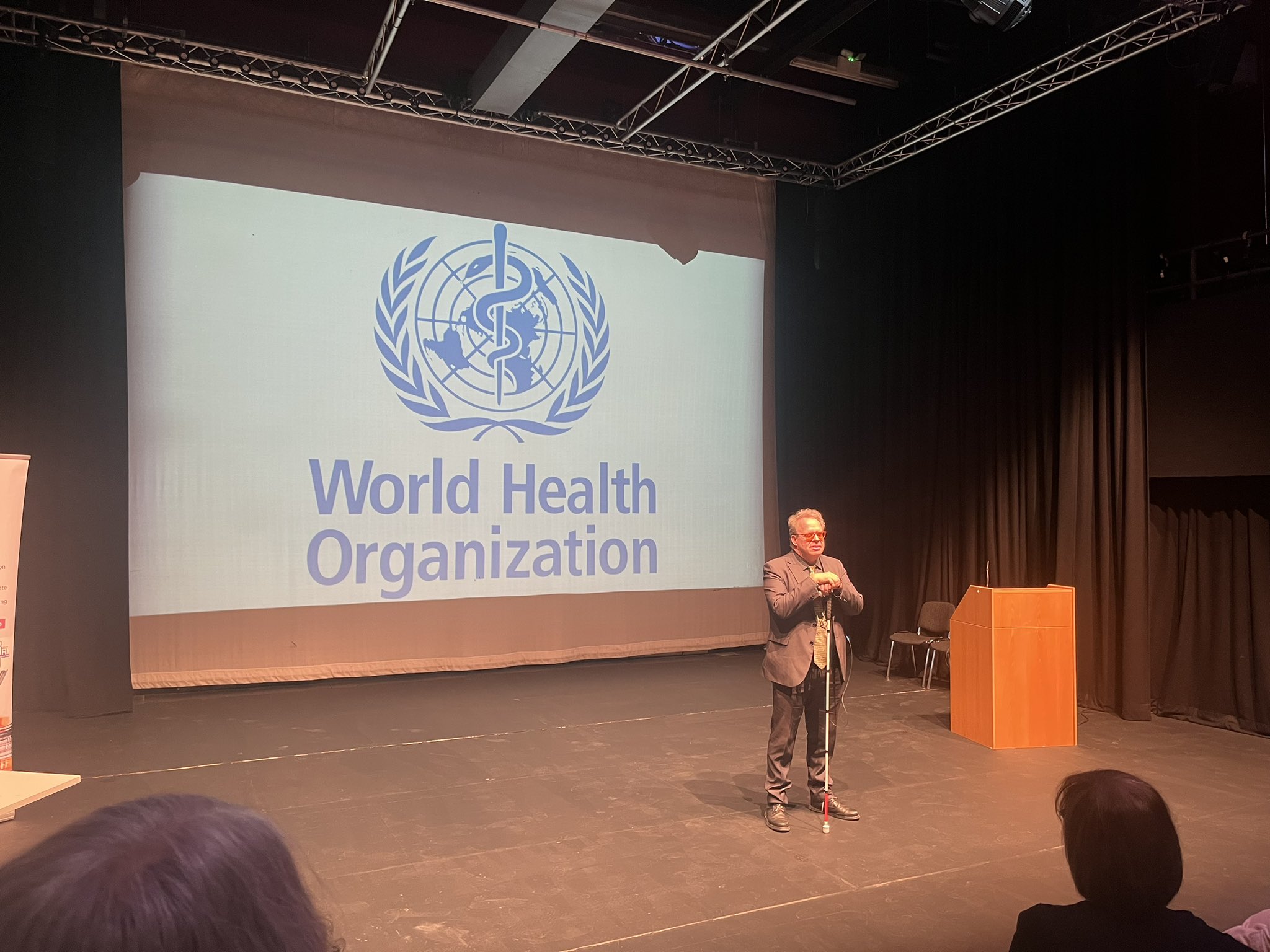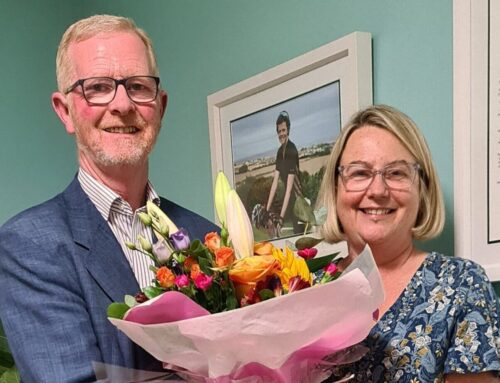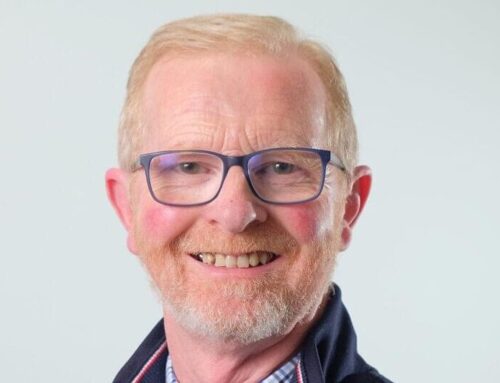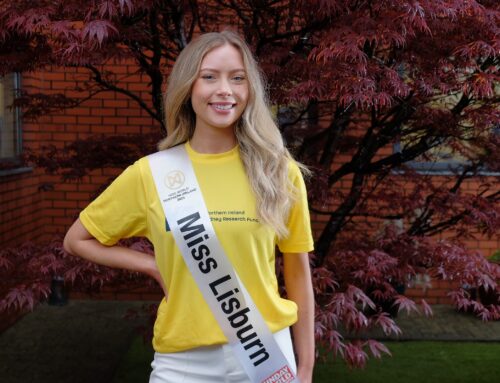Creativity and Confinement: Harnessing the Creative Power of Hope
A charity has a huge responsibility for compliance with legal acts and policies.
- Legislation and Policies
- The Charity Commission
- Governing Document
- Reporting and Record-keeping
Most importantly we (the Northern Ireland Kidney Research Fund) must spend our money wisely and that is why 90% of our income is spent on research to help beat kidney disease.
Our research begins in NI with the results spread to all corners of the world.
I was delighted to attend a performance from Mr Chris Bailey at the Queen’s Brian Friel Theatre. Mr Bailey is the Arts and Health Lead at the World Health Organisation (WHO). His performance was based on his perception of confinement in chronic illness, with a focus on kidney disease.

You may well ask what has this to do with NIKRF?
This event was organised by Dr Trisha Forbes, one of our sponsored Research Fellows, who is investigating evidence for arts-based interventions for those with renal disease. This involves amongst others a partnership with the WHO.
End Stage Kidney Disease leads to many people having to undertake dialysis for the remainder of their lives. This involves a very regimented lifestyle – 4 hours on a dialysis machine 3 x per week, copious amounts of medicines, and a very restricted diet and fluid intake.
The psychological impact on people suffering with kidney disease is immense including depression and anxiety. Studies have shown that Arts Based Therapies have very beneficial results for such people.
The performance began with Mr William Johnston, a long-time kidney patient, advocating how writing poetry has helped him come to terms with his confinement. He recited, ‘The Big Fight’ which described his personal fight for life.
Mr Bailey followed this up with a song, ‘Please don’t take my sunshine away.’ When he was a boy his father used to sing this every night to him as he was afraid of the dark. Unknown to him at the time he was to take terminal glaucoma leading to a permanent loss of sight.
He described how he had to come to terms with the reality of trying to find hope with such an adverse condition. A former actor Mr Bailey spoke emotively for well over one hour without a note, giving hope to others.
It is exciting to see what this funded research will produce for renal patients.







